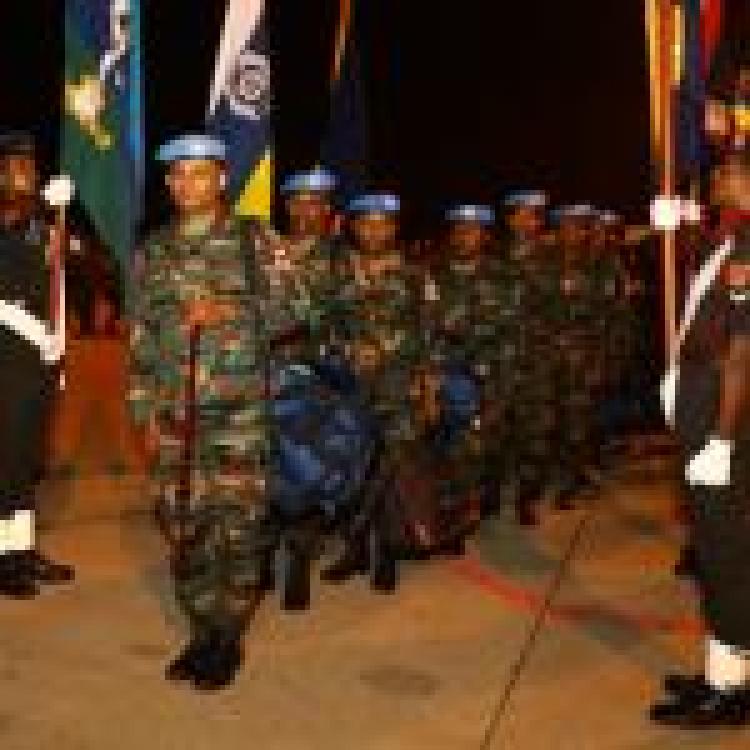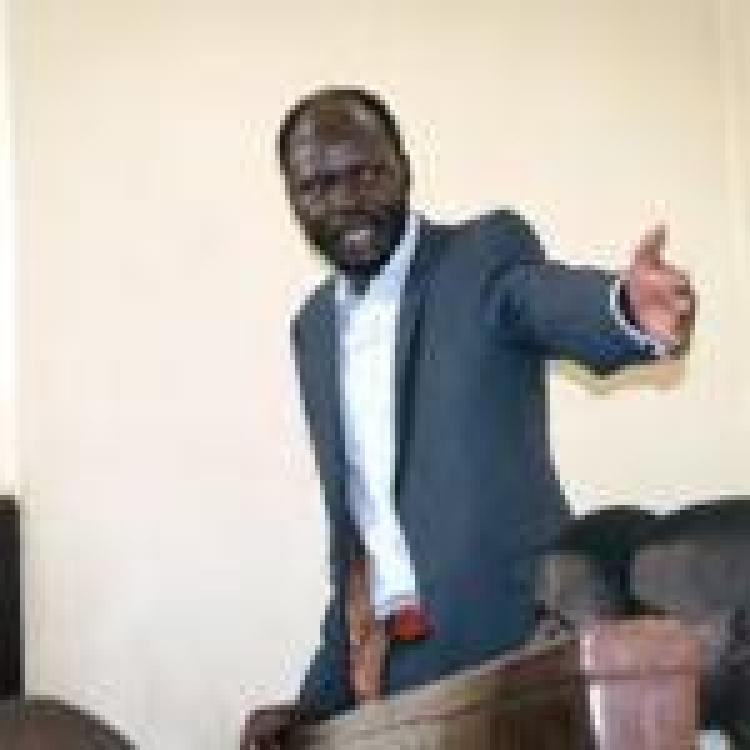The United States will implement visa restrictions against South Sudan leaders who “undermine or impede the peace process” in the country, the Secretary of State has said.
The restrictions would apply to individuals and family members of individuals deemed to be: violating a ceasefire or cessation of hostilities agreement; violating the UN arms embargo; engaging in corruption that fuels the conflict; suppressing freedoms of expression, association, peaceful assembly, or other abuses or violations; or failing to abide by signed peace agreements.
“The people of South Sudan have suffered enough while their leaders delay the implementation of a sustainable peace,” Secretary of State Mike Pompeo said.
Thousands of civilians have been killed, often because of their ethnicity or perceived political alliances in South Sudan’s ongoing conflict, which started in December 2013. Fighting has reduced in most parts of the country due to the revitalized peace deal of September 2018, but conflict and related abuses continue in parts of the country, according to Human Rights Watch's current country analysis:
Large parts of key towns and essential civilian infrastructure such as clinics, hospitals, and schools, have been looted, destroyed, and abandoned. More than 4 million people have been forced to flee their homes, two hundred thousand of whom are sheltering in United Nations compounds and hundreds of thousands as refugees in neighboring countries. Warring parties continue to restrict access for the UN and humanitarian groups to conflict affected areas. The government has become increasingly intolerant and repressive, arbitrarily detaining critics, members of civil society, journalists and politicians often holding them for extended periods, sometimes years without trial. In July the UN imposed an arms embargo. Eight leaders and commanders are subject to individual sanctions. Leaders on all sides have failed to reduce abuses by their forces and hold them to account. Impunity continues to fuel abuses in the conflict.


